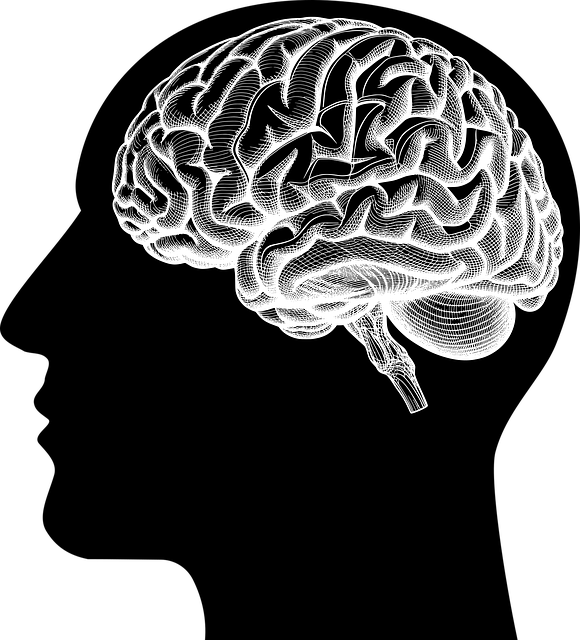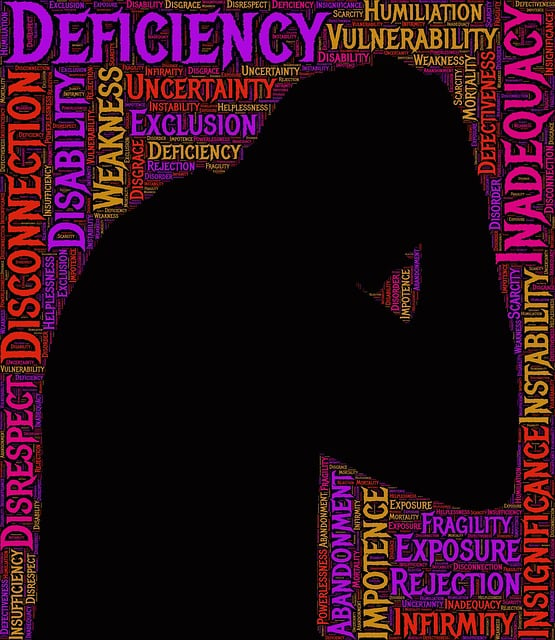Mental wellness programs like Englewood Post-Traumatic Stress Disorder (PTSD) Therapy utilize a combination of quantitative and qualitative methods for comprehensive evaluation. Tools such as the PTSD Checklist and Clinical Interview assess symptom severity, while exercises fostering empathy, self-awareness, and confidence enhance patient engagement. This dual approach ensures tailored care for complex PTSD needs, improving treatment outcomes. Evaluations track symptom improvements over time and delve into participants' experiences, perceiving healing processes, and public health gains, advocating for evidence-based practices like Cognitive Processing Therapy and Prolonged Exposure.
Mental wellness programs, such as Englewood Post-Traumatic Stress Disorder (PTSD) therapy, have gained significant attention for their life-changing impact. Evaluating these programs is crucial to understanding their effectiveness. This article explores various evaluation methods, from quantitative data analysis to qualitative insights, to assess the success of PTSD therapy initiatives. We delve into case studies highlighting the profound effects of tailored interventions, offering valuable lessons for optimizing mental wellness support.
- Understanding Mental Wellness Programs and Their Evaluation
- Assessment Tools for Englewood Post-Traumatic Stress Disorder (PTSD) Therapy
- Quantitative vs Qualitative Evaluation Methods
- Measuring Success and Impact: Case Studies in PTSD Therapy Programs
Understanding Mental Wellness Programs and Their Evaluation

Mental wellness programs are designed to support individuals in managing and improving their mental health, addressing various issues such as anxiety, depression, and Post-Traumatic Stress Disorder (Englewood Post-Traumatic Stress Disorder Therapy). These programs can range from individual therapy sessions to group support meetings and workshops focused on stress management, positive thinking, and mental health awareness. Evaluation methods are crucial in understanding the effectiveness of these initiatives.
A comprehensive evaluation involves assessing both the program’s impact on participants’ mental well-being and its overall success in achieving stated goals. This may include quantitative measures like surveys and statistical analyses to track improvements in symptoms, as well as qualitative feedback from participants to gain insights into their experiences and suggestions for enhancement. By combining these approaches, organizations can ensure that Stress Management Workshops are not only beneficial but also tailored to meet the unique needs of those seeking support for their mental health.
Assessment Tools for Englewood Post-Traumatic Stress Disorder (PTSD) Therapy

In evaluating Englewood Post-Traumatic Stress Disorder (PTSD) therapy programs, a comprehensive set of assessment tools is essential to gauge treatment effectiveness. These include standardized questionnaires designed to measure symptoms of PTSD, such as the PTSD Checklist (PCL), which assesses the severity and impact of traumatic experiences. Additionally, clinician-administered interviews, like the Clinical Interview for PTSD (CIPsT), provide detailed insights into patients’ trauma histories and symptom patterns.
Beyond measuring PTSD symptoms, effective evaluation methods incorporate empathy building strategies, self-awareness exercises, and confidence boosting activities. These therapeutic approaches are crucial in fostering patient engagement and improving treatment outcomes. By combining quantitative assessments with qualitative measures, therapists can comprehensively assess and address the complex needs of individuals dealing with PTSD, ensuring tailored and impactful care.
Quantitative vs Qualitative Evaluation Methods

When evaluating mental wellness programs, researchers often employ either quantitative or qualitative methods, each offering unique insights into program effectiveness. Quantitative evaluation relies on numerical data and statistical analysis to measure outcomes, such as reductions in symptoms of Englewood Post-Traumatic Stress Disorder (PTSD) therapy participants over time. This approach allows for the identification of correlations and trends across a large sample size, providing tangible evidence of a program’s success or areas needing improvement.
In contrast, qualitative evaluation focuses on understanding individuals’ experiences, perceptions, and emotional healing processes through methods like interviews, focus groups, and Mental Wellness Journaling Exercise Guidance. This approach captures nuanced insights into participants’ journeys, the impact of specific interventions, and barriers encountered during Stress Management Workshops Organization. By combining both quantitative and qualitative methods, researchers can gain a comprehensive view of program effectiveness, ensuring that interventions are not only statistically significant but also meaningful and impactful on individuals’ mental wellness journeys.
Measuring Success and Impact: Case Studies in PTSD Therapy Programs

Measuring success and impact is a crucial aspect of evaluating mental wellness programs, especially for conditions like Post-Traumatic Stress Disorder (PTSD). Case studies in Englewood Post-Traumatic Stress Disorder Therapy programs offer valuable insights into the effectiveness of interventions. These studies typically involve rigorous data collection methods, such as pre-post assessments using standardized questionnaires and interviews, to gauge changes in symptoms over time. For instance, research has shown that evidence-based therapies like Cognitive Processing Therapy (CPT) and Prolonged Exposure (PE) significantly reduce PTSD symptoms, improving quality of life for participants.
The Mental Health Policy Analysis and Advocacy community emphasizes the importance of evaluating not only individual outcomes but also the broader societal impact. Crisis Intervention Guidance and Stress Management strategies within these programs contribute to reduced emergency room visits and improved community safety. By examining both direct client benefits and indirect public health gains, such as decreased strain on emergency services due to less severe cases, evaluators can argue for the replication and expansion of effective PTSD therapy models.
Evaluating mental wellness programs, such as Englewood Post-Traumatic Stress Disorder (PTSD) therapy, is crucial for ensuring their effectiveness and positive impact. By employing a mix of quantitative and qualitative assessment tools, we can gain valuable insights into program success and identify areas for improvement. Case studies highlighting the measurable success of PTSD therapy programs underscore the importance of comprehensive evaluation methods in enhancing mental health outcomes and revolutionizing care for those affected by trauma.














